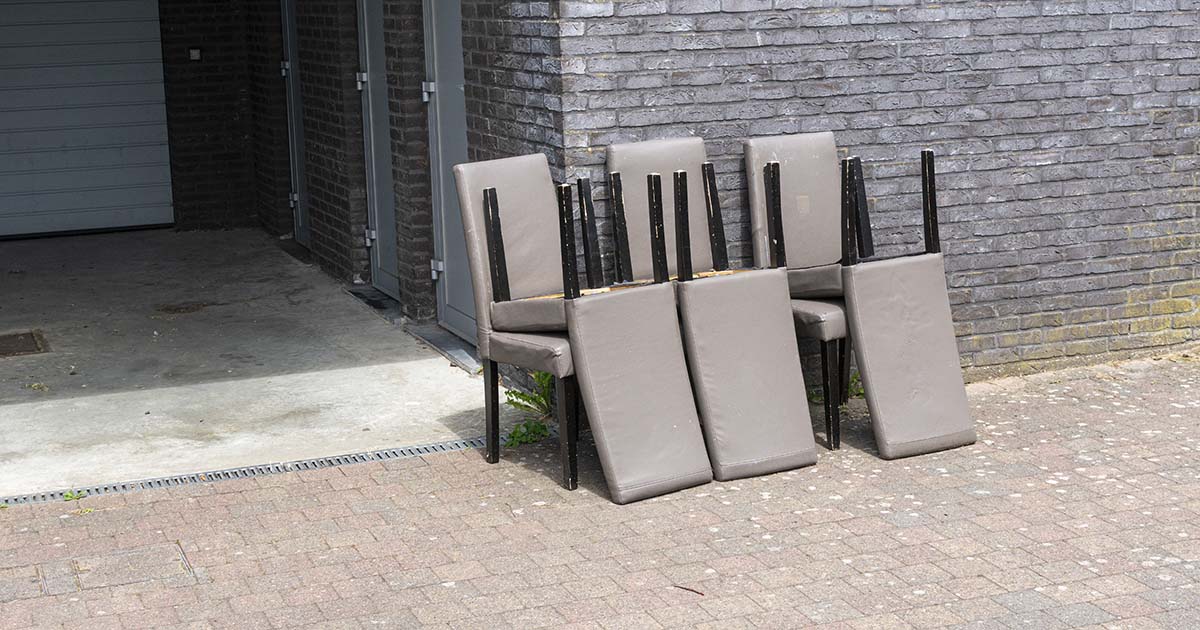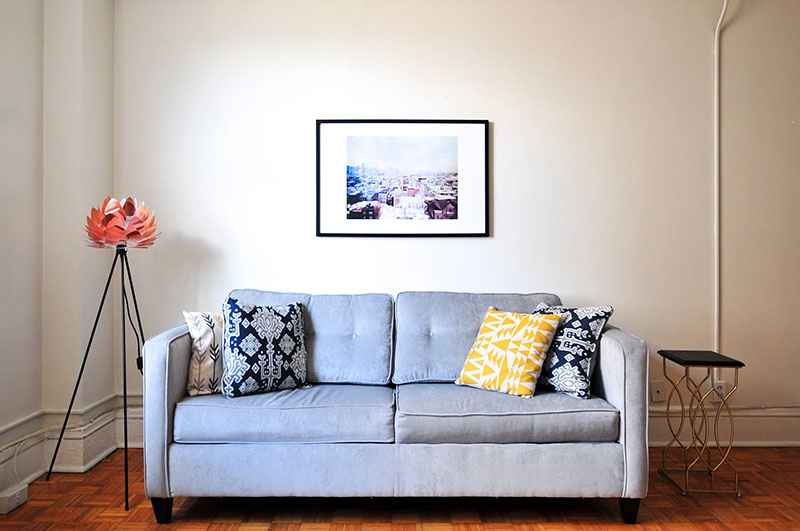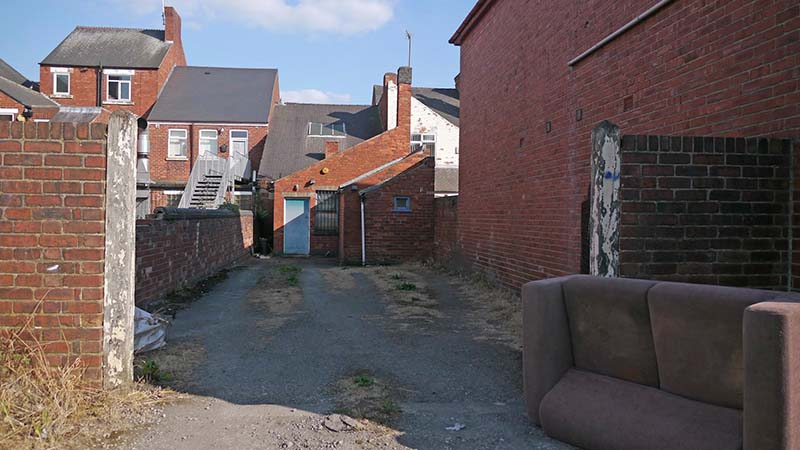What is POPs Waste? A Waste Disposal Guide

Persistent Organic Pollutants, or ‘POPs’ for short, are materials that remain in the environment for a considerable length of time after disposal. These pollutants can accumulate in food chains, causing a hazard to wildlife, livestock, and humans alike.
Anything from pesticides to chairs can contain POPs, and once they’re released into the environment, they become nearly impossible to control or remove. If you’ve ever wondered why you can’t put upholstery in a skip, this is why!
What is the EWC Code?
The acronym ‘EWC’ stands for the European Waste Catalogue, a resource that lists and identifies each type of waste with a unique code. These codes can then be used on waste transfer notes and other documentation to identify your rubbish. While identifying POPs is a little more complicated than non-hazardous waste, the government provides plenty of guidance on how to do it.
When Was POPs Waste Phased Out?
The manufacture, sale and use of any product containing POPs is banned - and will likely remain so. In the UK, manufacturers phased out their use of POPs between 2002 and 2011. Alas, imported items still contained these chemicals as recently as 2019. While it might be tempting to believe that nothing you own contains POPs waste, you should always check before disposal, especially if you got it second-hand.
The POPs Waste List: What Contains POPs?

While it might be hard to consider your innocent-looking couch as hazardous waste, the proof is in the padding. Fire safety standards in the UK require soft furniture to pass the ‘cigarette test’. This means that all soft furniture has some level of fire resistance applied to its upholstery.
A popular flame retardant chemical with the catchy name decabromodiphenyl ether (decaBDE) was used in the majority of upholstery up until the early 2000s, introducing POPs into our manufacturing process. Ironically, the only way to dispose of decaBDE safely is incineration.
While furniture built after 2019 won’t contain POPs, the law requires all soft furniture to be separated from other waste during disposal. That means that you can’t put your upholstery in a skip, HIPPOBAG, or add it to general waste at a recycling centre – as it must be segmented and removed for incineration.
Local household waste recycling centres (HWRCs) will refuse to take POPs material that is damaged to stop it contaminating the environment. As an example, if your sofa has been chewed on by your puppy, your only option is to use a professional waste disposal service to remove the item.
Some items that could contain POPs waste include:
- Sofas
- Armchairs
- Futons
- Sofa Beds
- Upholstered Dining & Office Chairs
- Beanbags
- Floor Cushions
- Upholstered Stools & Footstools
While this isn’t a comprehensive list, it’s safe to assume that any upholstered or padded furniture may contain POPs.
Are mattresses POPs waste?
In the UK, mattresses are not considered POPs waste. While that means that you don’t have to treat a mattress as hazardous waste, it’s worth keeping an eye on government regulations to make sure that your furniture is safe to recycle.
POPs Waste Regulations: What You Can & Can’t Do
New regulations outline exactly what you can and can’t do with hosts - and potential hosts - of POPs. If you’re struggling to get rid of your POPs furniture, you can contact our team for advice.
How to Get Rid of POPs Waste
Waste Collection: There’s only one way to deal with POPs: complete destruction through a waste disposal facility. A licenced man and van rubbish removal service can take your items straight from your door to the disposal or recovery site, as long as the company accepts upholstery!
How Not to Get Rid of POPs Waste

Recycle: According to government guidance, POPs waste cannot be recycled or reused. While that sounds counterproductive to an eco-friendly lifestyle, the continued existence of POPs causes far more damage to the environment than incinerating it.
Put it in a Skip: POPs waste needs to be separated from all other waste types. For this reason, it can’t go in a skip! You should always inform your waste removal company that you’re disposing of POPs waste - they’ll tell you what to do from there.
Fly tip: Fly tipping is highly illegal in any circumstance but fly tipping POPs waste is especially bad due to the environmental harm. It can be hard to look at a sofa and consider it hazardous, but every day that it sits in the rain it leaks more and more chemicals into the environment. Never fly tip!
For more tips about disposing of your waste in the UK, check out our blog here.

